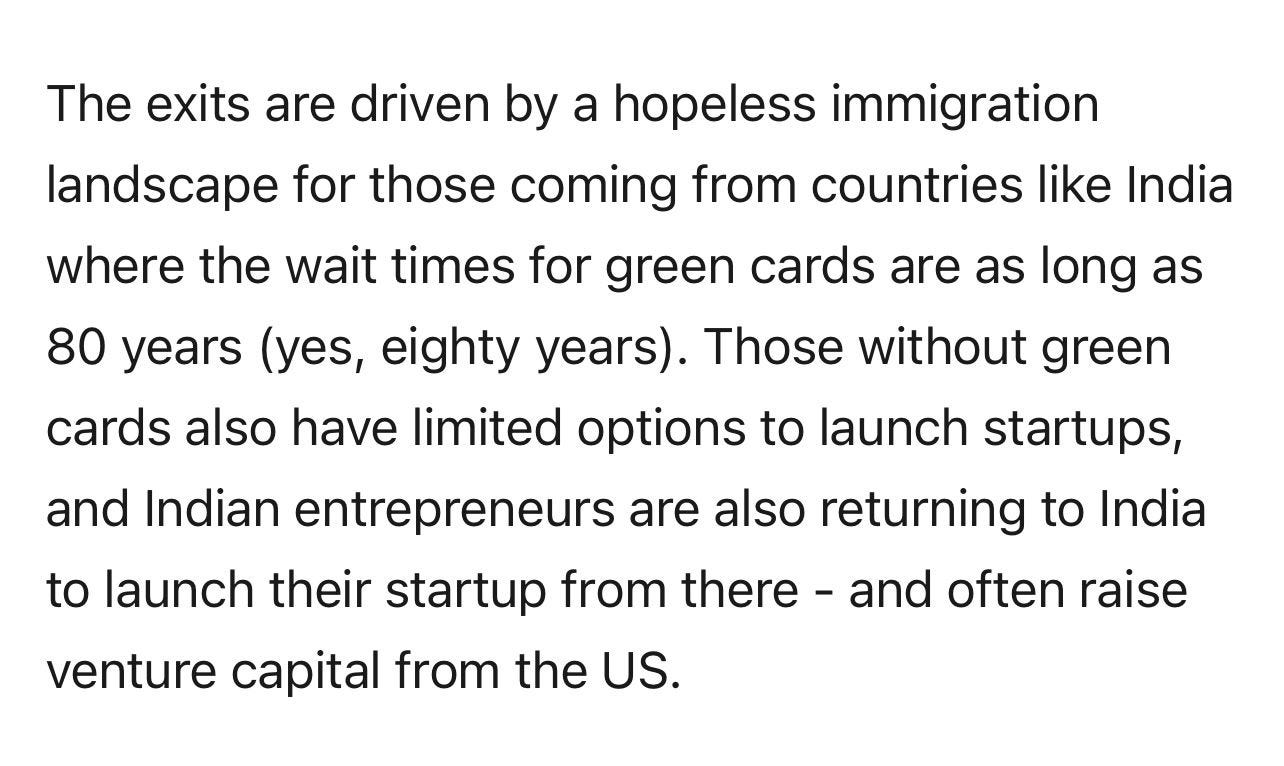M&Ms 44: Feedback
Hey Team.
Feedback is a big reason I did well in my career.
These days, I love hearing how I am doing, even when it's bad news. I seek it out. And I am open to completely changing my mind, especially, if those I trust say something contrary to what I am doing or contradict my personal beliefs.
But, years ago, it was the opposite. A defense mechanism would go off; I viewed it as an attack when someone gave me feedback that I wasn't doing something right.
Coming from where I come from and growing up the way I grew up, in The Bronx and in poverty, and with lots of insecurities, it's easy to see how I'd view feedback as an attack.
But the truth is unless we seek out feedback, we will never improve at the rate that someone who seeks feedback improves.
As David Foster Wallace said in his famous commencement speech:
"...everything in my own immediate experience supports my deep belief that I am the absolute centre of the universe; the realest, most vivid and important person in existence. We rarely think about this sort of natural, basic self-centredness because it's so socially repulsive. But it's pretty much the same for all of us.
It is our default setting, hard-wired into our boards at birth. Think about it: there is no experience you have had that you are not the absolute centre of. The world as you experience it is there in front of YOU or behind YOU, to the left or right of YOU, on YOUR TV or YOUR monitor. And so on. Other people's thoughts and feelings have to be communicated to you somehow, but your own are so immediate, urgent, real."
It is tough to see outside of this default setting and lens of the self if we don't seek out feedback.
But when should we ask for feedback?
My opinion now is that for it to be really valuable, we need to ask for it at a very particular time.
In the last session of The Minimalist Entrepreneur Course (which I am a mentor in), Sahil Lavingia (the founder of Gumroad) said something profound to us about getting feedback.
Sahil has recently picked up painting, and he has a lot of painter friends who are incredible at the craft, and he can reach out to for feedback. But if he goes to them for feedback with a half-finished painting, they will just give him obvious advice about how to finish it. But if he has exhausted all of his own abilities, finished everything he can finish, they advise him in ways that make the painting ten times better.
Another example of this is my own writing; if I go to my writer friends for feedback with a crappy first draft, their focus is on grammar and other minor details. But if I've taken care of all the grammar, they'll only give feedback on the core and help me make my writing ten times better.
So what is my opinion now on when we should ask for feedback? When we've exhausted your own personal lens. Then it's time to solicit feedback and never take it as an attack.
Two tweets from this week
This thread about the future of education by David Perell is profound.
Having spent a lot of time in that world (I took 5 Cohort Based Courses last year and became a mentor in two of them), David is right that education is changing fast. The best teachers will soon make millions. Very much like David does. And unfortunately, for traditional education, the best teachers seem to be the doers, not those that read it in books.
You may not know this about me, but I am a huge fan of real estate. I took over a million dollars of debt before quitting Big Tech and bought cash-flowing properties to de-risk my move into entrepreneurship. Now with inflation, those properties are appreciating in more than one way.
They appreciate because my debt is becoming cheaper (inflation reduces the value of the dollar) but also because home prices are skyrocketing. If you want to learn more of what I did, I wrote about it here.
A few Articles from this week:
The New York times has a great article about tech struggling with hiring and retention.
My friend Gergely touched on this very topic six months ago, ironically right as I quit my job with no intention of going back to Big Tech.
But Gergely touched on it again this week in his scoop update:
All of these things only compound the problem for us in the U.S. and I hope at least the self inflicted damage, such as our immigration policies, can be addressed.
Two Memes from this week:
There is one downside to being into real estate and that is that we have to occasionally deal with issues like this.
The funny thing about this Meme is that its not just product managers that are using overpowered machines. As a Dev, I convinced myself I needed the maxed out new Apple laptops. I didn't really need it.
Thank you for reading and have a great weekend.
Louie
P.S. you can respond directly to this email and I will reply! I'd love to hear from you.







